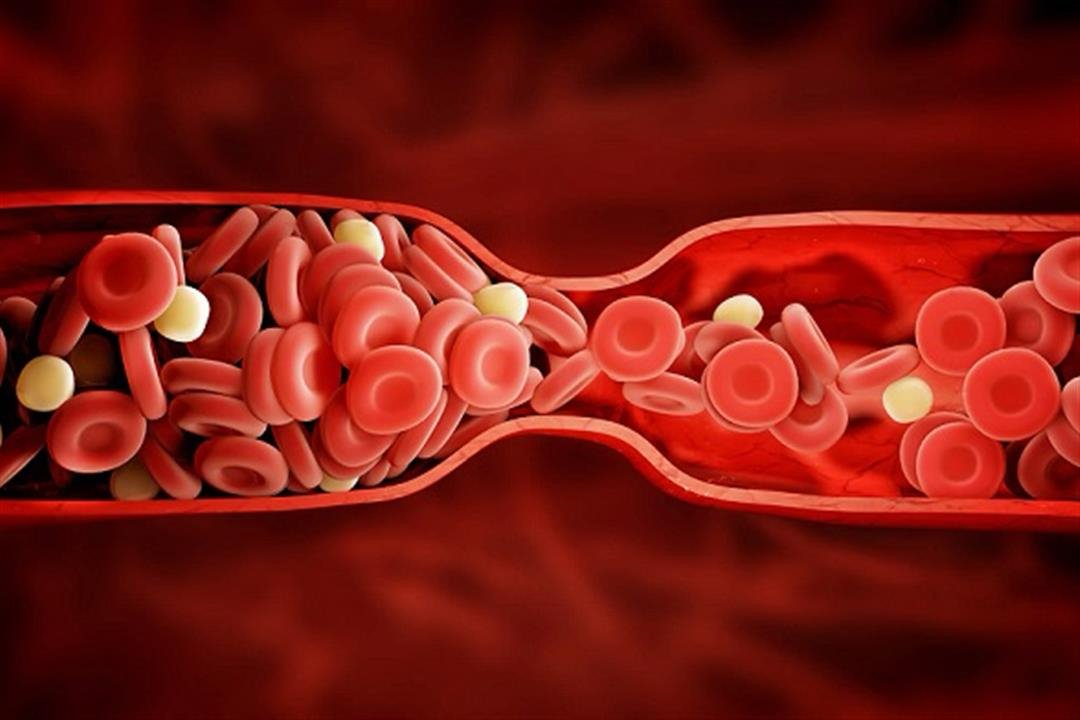As the world continues to navigate the global pandemic, vaccines have emerged as a crucial tool in the fight against COVID-19. The development of vaccines has sparked a wave of hope, but it has also led to questions and concerns about how these vaccines affect the body. What are the short-term and long-term effects of the COVID-19 vaccine? In this article, we will delve into the scientifically-backed information on how the vaccine interacts with your body, addressing common concerns and providing clarity for those considering vaccination.
How COVID-19 Vaccines Work: A Breakdown
To understand the effects of the COVID-19 vaccine, it’s essential to first grasp how these vaccines function. Most COVID-19 vaccines, such as the Pfizer-BioNTech and Moderna vaccines, are mRNA vaccines. This new type of vaccine uses messenger RNA to instruct your cells to produce a harmless spike protein found on the surface of the COVID-19 virus.
- Immune Response Activation: When your immune system recognizes this spike protein as foreign, it triggers an immune response, creating antibodies that can fight off the actual virus if you become exposed in the future. This training of the immune system is what offers protection against severe illness from COVID-19.
- Traditional Vaccines: Other vaccines, such as the Johnson & Johnson vaccine, use a more traditional method involving a weakened or inactivated form of the virus to prompt an immune response.
Now that we understand how vaccines work, let’s explore the effects they have on your body.
Short-Term Side Effects: What to Expect After Vaccination
After receiving the COVID-19 vaccine, many people experience mild, short-term side effects as their immune system responds to the vaccine. These are common with all vaccines and are a sign that your body is building immunity.
- Injection Site Reactions:
- Symptoms: Redness, swelling, or pain at the injection site.
- Why It Happens: The immune response at the injection site causes temporary inflammation as your body processes the vaccine.
- Systemic Reactions:
- Symptoms: Fatigue, headache, muscle pain, chills, fever, or nausea.
- Why It Happens: These symptoms occur as your immune system is activated and begins creating antibodies. They typically last 1-3 days and are mild to moderate in severity.
- Rare Side Effects:
- Allergic Reactions: In very rare cases, some individuals may experience an allergic reaction known as anaphylaxis. This is why vaccine centers monitor recipients for 15-30 minutes after receiving the shot.
- Pericarditis/Myocarditis: Rare cases of heart inflammation (mostly in younger males) have been reported following mRNA vaccinations, but these side effects are generally mild and treatable.
Long-Term Effects: What We Know So Far
Given that COVID-19 vaccines are relatively new, there is ongoing research to understand their long-term effects. However, based on available data and historical vaccine research, there are key takeaways:
- Immune System Boost:
- The vaccine effectively trains your immune system to recognize and fight the virus, providing long-term protection against severe disease. Booster shots are being administered in some populations to enhance this protection over time.
- No Evidence of Long-Term Health Risks:
- Extensive studies from global health organizations have found no long-term health risks associated with the COVID-19 vaccines. Vaccines undergo rigorous safety testing before approval, and continuous monitoring ensures that any rare side effects are quickly identified and addressed.
- Ongoing Research on Efficacy:
- Researchers are closely studying the duration of immunity provided by vaccines and how well they protect against emerging variants. Early data shows that vaccinated individuals have a significantly lower risk of severe illness and hospitalization, even with variants like Delta and Omicron.
COVID-19 Vaccine and Special Populations
Certain groups of people, such as pregnant women, immunocompromised individuals, and those with pre-existing health conditions, may have specific concerns about the vaccine’s effects. Scientific studies and guidance from healthcare authorities provide reassurance.
- Pregnant and Breastfeeding Women:
- Research indicates that COVID-19 vaccines are safe for pregnant and breastfeeding women. In fact, vaccination during pregnancy has been shown to protect both the mother and baby, as antibodies can be passed to the fetus and through breastmilk.
- Immunocompromised Individuals:
- Immunocompromised people may have a reduced immune response to the vaccine but are still encouraged to get vaccinated, as they are at a higher risk for severe illness from COVID-19. Booster shots may be recommended to enhance their protection.
- People with Pre-Existing Conditions:
- Those with chronic conditions such as heart disease, diabetes, or respiratory issues are encouraged to get vaccinated, as they are more likely to experience complications from COVID-19. The benefits of vaccination far outweigh the potential risks for these individuals.
Myths vs. Facts: Clearing Up Common Misconceptions
There is an abundance of misinformation surrounding the COVID-19 vaccine. Here are some common myths and the facts to counter them:
- Myth: The COVID-19 vaccine alters your DNA.
- Fact: The mRNA in COVID-19 vaccines does not enter the nucleus of your cells, meaning it cannot interact with or alter your DNA. It simply instructs your body to produce a spike protein to prompt an immune response.
- Myth: The vaccine causes infertility.
- Fact: There is no scientific evidence linking COVID-19 vaccines to infertility. Major health organizations, including the CDC and WHO, have stated that the vaccine does not affect fertility in men or women.
- Myth: Natural immunity is better than vaccine immunity.
- Fact: While natural immunity does provide some protection, it varies greatly among individuals and may not last as long as vaccine-induced immunity. Vaccines offer more consistent, long-lasting protection without the risks associated with contracting the virus.
Conclusion: The Benefits of the COVID-19 Vaccine Outweigh the Risks
The COVID-19 vaccine has proven to be an essential tool in reducing the spread of the virus, preventing severe illness, and saving lives. While there are short-term side effects that may cause mild discomfort, the benefits of vaccination far outweigh the potential risks. With ongoing research and global health monitoring, scientists continue to verify the vaccine’s safety and effectiveness in combating the COVID-19 pandemic.
References
- Centers for Disease Control and Prevention. “COVID-19 Vaccines for Specific Groups of People.” Available at: https://www.cdc.gov/covid19/vaccine-specific-groups.html
- World Health Organization. “COVID-19 Vaccines: Safety and Efficacy.” Available at: https://www.who.int/covid19-vaccine-safety-efficacy
- Mayo Clinic. “Understanding the COVID-19 Vaccine.” Available at: https://www.mayoclinic.org/covid-19-vaccine-understanding
This article offers a comprehensive overview of the COVID-19 vaccine’s effects on the body, using credible scientific sources to inform readers and encourage informed decisions about vaccination.




